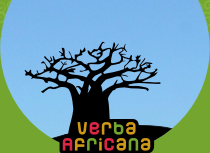Performance of Riddling
Riddling can be done at any time when people are together, and by anybody, men, women, and children. An Iraqw riddle dialogue runs as follows:
A: Challenge - siník
B: Acceptance - geérankay
A: Solution or Admittance of failure
B: Request for reward maanimoeé’ haniisang ‘give me my reward’
A: Offer of reward - hanoós so-and-so
B: Acceptance of reward maanimoeé’ li/aa/imang ‘let my reward come’ and disclosure of solution
Every single riddle is a competition between two people. The reward is called maanimo which is the word for the Bantu neighbours of the Iraqw, i.e., Nyiramba or Mbugwe. In order to get the solution one has to give so-to-speak a Nyiramba person to the challenger, but actually in riddling, maanimo refers to any people or person given as an imaginary reward. In the second riddle session that was recorded, the rewards varied from neighbouring peoples such as Hadza and Datoga and other peoples in Tanzania, in particular the Chaga, to Englishmen and Europeans. Most African riddling contexts (e.g. Fulbe, Hausa, Chaga, and general Tanzanian culture) require an imaginary reward, this reward is usually a town or chiefdom (Logbara). Exchanging neighbouring peoples falls in this same line.
Seldom is there discussion about the validity of the solution.

